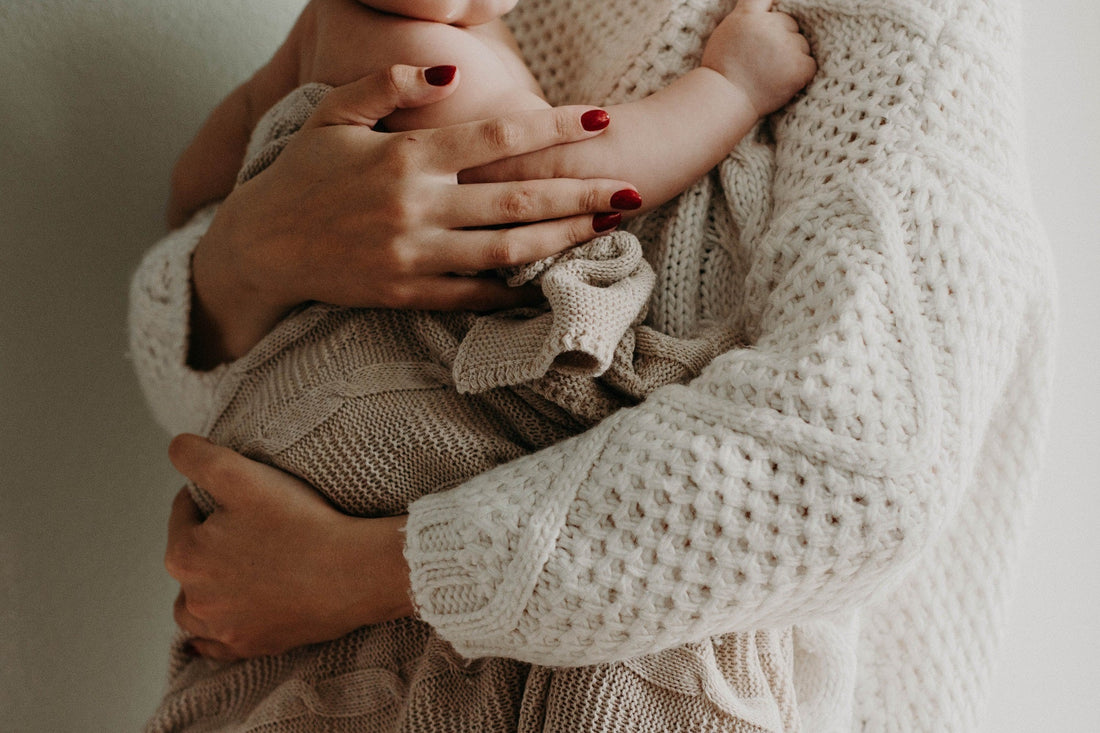
Are Electrolyte Drinks Safe for Breastfeeding Moms? Everything You Need to Know
Share
Can Breastfeeding Moms Drink Electrolytes?
If you're a breastfeeding mother, you may wonder if it's safe to drink electrolyte drinks. The short answer is yes—consuming electrolytes in moderation is safe while nursing and can actually support both your hydration and milk supply. In this article, we’ll explore why hydration drinks for breastfeeding moms are beneficial, what to look for in a quality product, and how to stay optimally hydrated.
Why Hydration Matters While Breastfeeding
Breastfeeding requires more from your body than you might think. Since breast milk is 90% water, staying hydrated is essential for both your health and your baby’s development. Nursing mothers can produce up to 32 ounces of milk per day, which increases daily fluid and electrolyte needs.
When you breastfeed, your body releases oxytocin, a hormone that stimulates milk let-down—and increases thirst. That’s your body's way of telling you it needs more fluids. Choosing a natural electrolyte drink can help you maintain hydration and potentially support better breast milk production.
The Benefits of Electrolyte Drinks During Breastfeeding

1. Replenish Lost Electrolytes
Breastfeeding can deplete your body’s electrolyte levels. When water alone isn’t enough, hydration drinks with electrolytes can help balance your fluids and restore vital nutrients like sodium, potassium, and magnesium.
2. Improve Milk Quality and Supply
Electrolyte drinks may indirectly enhance milk quality and supply by preventing dehydration, fatigue, and other symptoms that make nursing more difficult.
3. Support Overall Wellness
Staying properly hydrated improves energy levels, skin health, and mental clarity—all of which can suffer due to postpartum fatigue or dehydration.
Symptoms of Dehydration in Breastfeeding Moms
Dehydration can sneak up quickly, especially for new moms. Watch out for these signs:
- Dark yellow urine
- Dry mouth or lips
- Constipation
- Muscle cramps
- Headaches
- Extreme fatigue
If you live in a warm climate, exercise regularly, or are nursing twins or multiples, your hydration needs are even higher.
Are Electrolyte Drinks Safe for Breastfeeding Mothers?

Yes, electrolyte drinks are safe while breastfeeding—as long as you're choosing the right kind. Many popular hydration beverages contain added sugars, caffeine, and artificial ingredients that aren't ideal for nursing mothers. That's why it's essential to select a clean, trustworthy product specifically designed with wellness in mind.
What to Look for in a Safe Electrolyte Drink:
- No added sugar
- No artificial flavors, colors, or preservatives
- Naturally sourced ingredients
- Clean, bioavailable electrolyte blend
- Certified safe and manufactured to high standards
Why Keppi Electrolyte Mixes Are a Smart Choice for Nursing Moms

Keppi Electrolyte Mixes are carefully formulated to support hydration and overall well-being—without compromising on quality or safety. Each serving contains a powerful blend of essential electrolytes, including:
- 135 mg Magnesium (32% DV)
- 75 mg Calcium (6% DV)
- 1,000 mg Potassium (21% DV)
- 10 mg Sodium
- 100 mg Trace Mineral Blend
This balance of nutrients helps replenish what your body loses through breastfeeding—without the crash or bloat of sugary sports drinks.
✅ Vegan Friendly
✅ NSF Certified for Sport
✅ Made in the USA
✅ GMP-Certified Manufacturing
With just 10 calories per serving, Keppi is a clean, natural, and effective hydration option that's safe for breastfeeding moms and gentle on your body.
💡 Pro tip: Keep a few Keppi Stick Packs in your diaper bag for effortless, on-the-go hydration—perfect for busy days, post-workout recovery, or hot weather.
How to Stay Hydrated While Breastfeeding
Let’s face it—moms are busy. If drinking plain water all day feels unrealistic, here are a few easy hydration hacks:
1. Drink When Baby Drinks
Make a habit of sipping 8 oz of water every time you nurse. This can add up to 64–80 oz daily, helping you meet your fluid goals without overthinking it.
2. Keep Hydration Convenient
Pack a water bottle and electrolyte drink powder in your diaper bag. Keppi Stick Packs are lightweight and travel-friendly, perfect for hydration on the go.
3. Limit Caffeine
Caffeine can have a diuretic effect, so limit yourself to 2–3 cups of coffee per day. Offset with extra water or an afternoon electrolyte drink.
4. Hydrate at Night
Once baby is asleep, recharge your body. Try warm lemon water or a relaxing natural electrolyte drink before bed.
How Much Water Should a Breastfeeding Mom Drink?
Although there’s no one-size-fits-all amount, experts recommend 13–16 cups (104–128 oz) of fluids daily for nursing moms. This includes water, hydration drinks, and foods with high water content.
🍼 Keep in mind: Forcing fluids won’t necessarily increase your milk supply. Instead, listen to your body’s signals—thirst is a reliable guide.
Final Thoughts: Hydration for Breastfeeding Moms
Proper hydration is one of the easiest and most effective ways to support your postpartum recovery and provide optimal nutrition for your baby. While water is important, electrolyte-rich hydration can take your well-being to the next level.
So yes—electrolyte drinks are safe and beneficial while breastfeeding—just be sure to choose clean, natural options free from artificial additives. Your body (and your baby) will thank you.
Medical Disclaimer: All content on www.keppi.co is for informational purposes only and is not a substitute for professional medical advice. Always consult with a healthcare provider regarding your specific needs.
